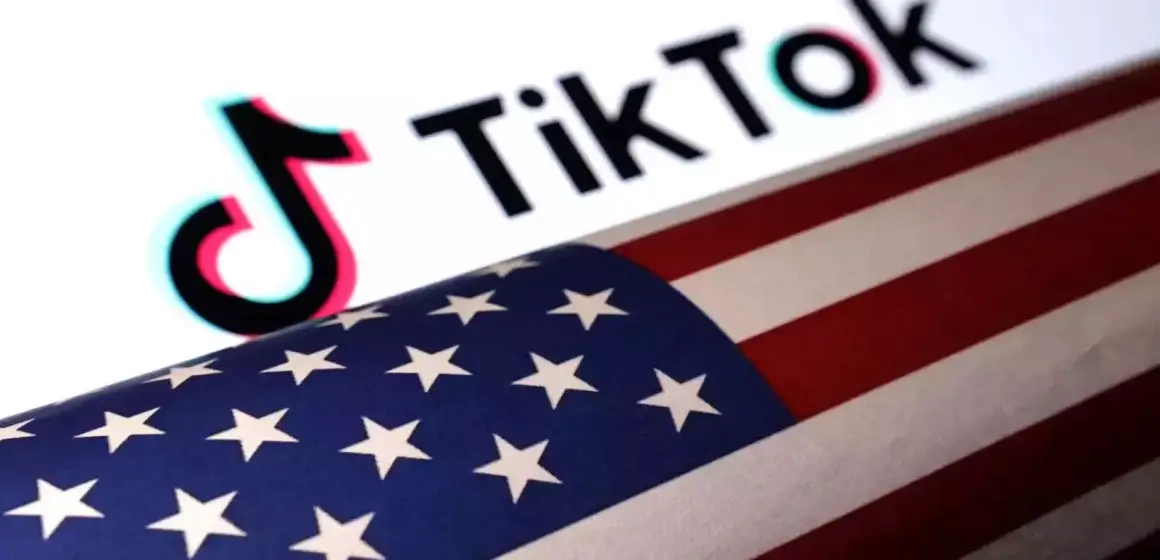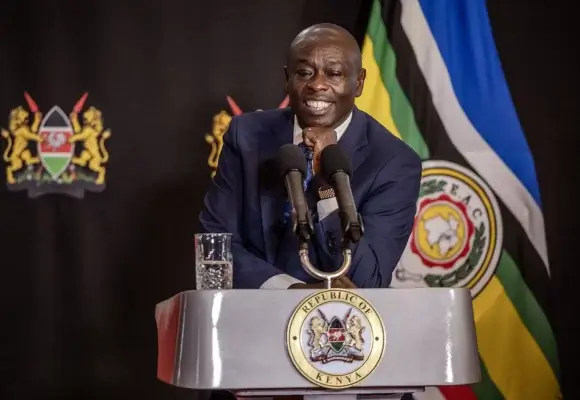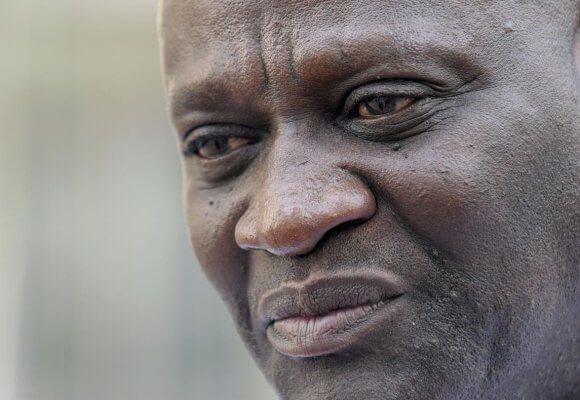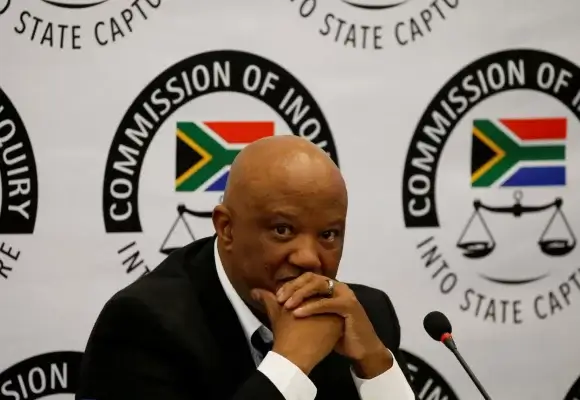|
LISTEN TO THIS THE AFRICANA VOICE ARTICLE NOW
Getting your Trinity Audio player ready...
|
The fate of TikTok, one of the United States’ most popular social media platforms, remains uncertain as legal battles intensify over its Chinese ownership. On Wednesday, the U.S. Justice Department requested a federal appeals court to reject TikTok’s emergency effort to block a looming law that mandates ByteDance, its Chinese parent company, to sell the app by January 19 or face a potential ban.
TikTok and ByteDance had filed the emergency motion earlier in the week with the U.S. Court of Appeals for the District of Columbia. The companies warned that enforcing the law would cripple the app, which boasts over 170 million monthly users in the U.S., describing it as a “shutdown of one of the nation’s most significant platforms for free speech.”
However, the Justice Department pushed back, asserting that the law is crucial to addressing ongoing national security threats linked to TikTok’s Chinese ownership. According to the DOJ, the platform’s connection to ByteDance poses risks involving the potential misuse of American users’ data. While the government acknowledged that the app would not immediately cease to function after the deadline, it argued that restrictions on updates and support would eventually render TikTok inoperable.
The January deadline adds a new chapter to an escalating tension between the U.S. and Chinese tech companies. The concerns stem from broader geopolitical friction and fears over surveillance, which have led to bipartisan scrutiny of Chinese-owned apps. This law extends beyond TikTok, giving the U.S. government sweeping authority to ban other foreign-owned platforms suspected of compromising data security.
The case has become politically charged, with leadership transitions complicating the narrative. President Joe Biden, who has yet to weigh in publicly on the issue, could extend the deadline by 90 days, giving his administration more time to deliberate. Meanwhile, incoming President Donald Trump has indicated his disapproval of a TikTok ban, despite his failed attempt to outlaw the app during his previous tenure in 2020. Trump’s earlier efforts, which also included trying to ban Tencent’s WeChat, were blocked by federal courts, leaving unresolved questions about the limits of government authority over tech platforms.
TikTok’s legal challenges reflect broader anxieties over foreign ownership of critical digital infrastructure. Experts highlight that ByteDance’s control of TikTok has become a focal point in U.S.-China relations, with policymakers arguing that Chinese influence over the platform could jeopardize user privacy or be exploited for propaganda purposes.
TikTok’s explosive popularity in the U.S., especially among younger audiences, underscores what’s at stake. Beyond its entertainment value, the app has evolved into a major hub for political activism, cultural trends, and community-building. A ban or significant operational disruption would affect not just its users but also its content creators, advertisers, and the broader digital economy.
The three-judge appeals court panel that upheld the divestment law last week has left TikTok and ByteDance with limited options. Unless the Supreme Court intervenes or Biden extends the deadline, ByteDance will be forced to divest or face severe operational constraints in one of its most lucrative markets.











LEAVE A COMMENT
You must be logged in to post a comment.